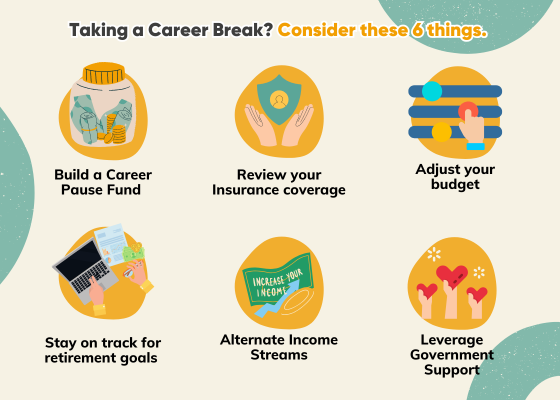Note: It was announced in November 2023 that MoneyOwl will be acquired by Temasek Trust to serve communities under a re-purposed model, and will move away from direct sale of financial products. The article is retained with original information relevant as at the date of the article only, and any mention of products or promotions is retained for reference purposes only.
______________
The current market downturn may be unsettling but history has shown us time and again that being disciplined to stay in the market is more likely to reap the rewards you’re after.
US inflation rates unexpectedly climbed to 8.6% in May, the highest annual increase in more than 40 years. This was +0.3% higher than market forecast, which may not seem like much, but it has extended a period of steady inflation growth over the past 12 months. A rapid increase in consumer demand, coupled with supply chain bottlenecks that persisted since the post-pandemic reopening of the economy, contributed to the increase in consumer prices. The situation was made worse by Russia’s invasion of Ukraine and the numerous lockdowns in China.
It’s no surprise that the Fed has been raising interest rates to combat inflation, but the fact that what they’ve done so far hasn’t been able to keep it under control is a cause of concern for some. There is now speculation that an outsized 0.75% interest rate hike could be on the cards this week and some fear that US interest rates may peak close to 4% next year. While this may help slow down the economy and theoretically reel in runaway prices, raising rates too much and too quickly might overly stifle consumer demand and economic growth, leading to lay-offs and unemployment – in other words, creating a recession. Overnight, the market reacted strongly on these fears, with the S&P500 dropping -3.9% during US trading and -21.8% down from its January peak this year, officially entering bear market territory.
Sudden market downturns can be unsettling, but what can you do as an investor or as someone who is considering whether this is the right time to invest? Let’s take a look at what history teaches us. Looking at a broad market index which tracked data since 1926, we see that stocks have tended to deliver positive cumulative returns over one-year, three-year, and five-year periods following steep declines.

Another way to look at it is that for the last 95 years or so, markets have tended to recover in one year after a 20% market decline and achieved an annualised return of 9.6% for the five years thereafter on average. Not too shabby.
While this is encouraging, you can only catch fish if you have a line in the water, and these rebounds will only be there for you to capture if you stay invested. This is why it’s important to ignore the noise in the media and the views of so-called experts who do not have a crystal ball and get it wrong often enough. It’s also important not to sell off now and try to get back into the market later, thinking prices will be lower. By doing so, not only will you realise losses, you might also be setting up a psychological barrier to re-entering the market. And if you fail to get back to the market in time, you are going to be let down when the market recovers. Evidence has shown that timing the market is a stressful endeavour and rarely works over the long term. Instead, being disciplined enough to stay in the market and stick to your longer-term plans is more likely to reap the rewards you’re after.
Assuming you are a long-term investor who already has a financial plan in place, consider deploying some of the spare cash or dry powder you have set aside to work in the markets. Do make sure that this is really spare cash i.e. money after you’ve set aside your emergency funds and implemented protection plans. You may wish to start topping up your portfolio with 1/3 or so of your spare cash. If the markets fall further, consider putting in yet another tranche of this spare cash. Your future self will thank you for that.




